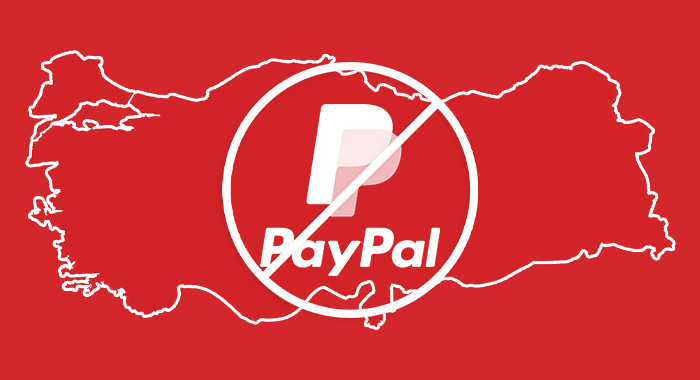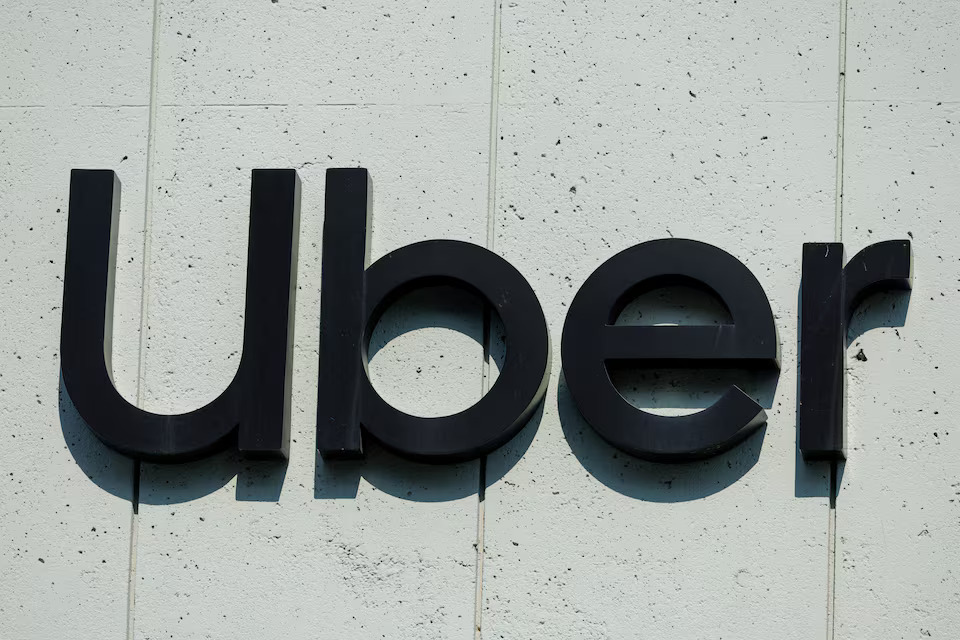
Recent changes in Türkiye's digital applications and short-term rental models have surprised both Turkish citizens and tourists visiting the country.
The new regulations cover a wide range, from short-term rentals via Airbnb to Booking.com's activities in Türkiye, PayPal's exit from the country, and Uber's legal battles. Recently, the ban on Instagram, one of the world's largest social media platforms, has led to discussions among citizens about whether there will be more bans to come.
The regulation imposed by the Ministry of Culture and Tourism requiring a tourism housing certificate is reshaping how Airbnb rentals are managed. The suspension of Booking.com's operations in Türkiye and PayPal's withdrawal are affecting the dynamics of digital commerce. Legal processes involving apps like Uber are increasing uncertainties in the digital transportation sector.
Previously, Türkiye has also banned some of the world's largest video sites like YouTube, the digital encyclopedia Wikipedia (including its Turkish version Vikipedi), the social media platform X (formerly Twitter), Eksi Sozluk, WordPress, Blogger, Blogspot, and MySpace.

On Dec. 28, 2023, the "Regulation on Rental of Residences for Tourism Purposes" was published in the Official Gazette, introducing some requirements for daily and short-term rentals. This regulation mandates that individuals renting through Airbnb and similar platforms must obtain the necessary permits.
According to the draft law prepared by the Ministry of Culture and Tourism, property owners must obtain a "tourism housing certificate" approved by the ministry to rent through platforms like Airbnb. This certificate is mandatory for rentals of 100 days or less, and such rentals are classified as "tourism residences."
The tourism housing certificate required for tourism rentals can only be issued by the Ministry of Culture and Tourism. The application process is carried out through the official website "e-Devlet," and physical applications are not accepted. The conditions for obtaining the certificate are:
In standalone houses, approval from neighboring houses is not required.
Those who rent out properties without a tourism housing certificate face fines of up to $30,000 (₺1 million). Penalties are as follows:
Similar legal measures for Airbnb are not found in different countries. In EU countries, Iceland, South Africa, Albania, Norway, Switzerland, and Japan, VAT is also collected along with Airbnb service fees.

In a court session on March 30, 2017, related to a case filed by the Turkish Travel Agencies Association (TURSAB) in 2015, it was decided to halt Booking.com's activities in marketing and mediating the promotion of hotels and accommodation facilities located in Türkiye, and to write to the Information and Communication Technologies Authority (BTK).
Since 2017, reservations through Booking.com for Turkish establishments have been restricted. Users attempting to book Turkish hotels on the site receive error messages.
TURSAB Secretary-General Cetin Gurcun stated that they took legal action against Booking.com because the platform started selling Turkish hotels to Turkish citizens.
"This case was filed in 2015. At that time, relations between Türkiye and the Netherlands were good. The decision was made due to unfair competition," Gurcun said.
Omer Fatih Sayan, then President of the Information and Communication Technologies Authority of Türkiye, stated that the closure was executed by Booking.com.
Sayan emphasized that there was no provision in their legislation for blocking sites due to competition-related issues and that such decisions should come from the relevant authorities.
Booking.com expressed its opposition to the court decision and announced that it would appeal.
The company stated in a written statement, "As an electronic commerce and technology company, we provide Turkish customers with a transparent and easy platform for comparing and booking accommodations."
Additionally, it was noted at that time that 13,000 Turkish businesses provided accommodation services to their customers.

PayPal ceased its operations in Türkiye on May 30, 2016. This decision was based on the rejection of its license application by the Banking Regulation and Supervision Agency (BDDK). However, the impacts of this event and the discussions surrounding it continue even two years later.
PayPal's withdrawal from Türkiye had a significant impact on many sectors. Designers and online learning professionals, who served international clients, faced difficulties due to PayPal's exit.
Since PayPal was a widely used payment method, transitioning to alternative systems proved challenging.
Some users suggested that PayPal's decision to withdraw was not solely due to BDDK's license rejection but also due to issues with monitoring money flows in Türkiye. PayPal managed its money flows from Luxembourg, leading to problems such as Türkiye's inability to oversee money flows and security concerns.
BDDK's demand for PayPal to legalize its money flows led to its withdrawal from Türkiye. While there were no sanctions applied to international payments by Turkish users, PayPal attributed the situation to its own decision.
Moreover, similar regulatory demands across Europe led to similar practices in other European countries, including data storage and integration of local systems.
PayPal's exit from Türkiye represents a complex issue affecting many players in the sector, with ongoing impacts felt by both Turkish users and international payment systems.

Between 2014 and 2019, Uber's services, UberXL and UberTaksi, faced claims of unfair competition in Türkiye. The Istanbul Taxi Drivers Association and the Istanbul Automobile Tradesmen's Chamber requested the prohibition of these services and the complete ban of Uber in Türkiye.
Taxi drivers argued that Uber was engaged in illegal transportation via the internet, stating that Uber’s activities should be halted to prevent irreparable harm to taxi drivers, protect competition, and avoid tax losses across the country.
In March 2018, significant tensions arose between taxi drivers and Uber drivers, leading to incidents such as an attack on an Uber vehicle with five female passengers in Harbiye and gunfire directed at an Uber minibus in Kucukcekmece. These events received widespread attention on social media.
At that time, the then Minister of Customs and Trade Bulent Tufenkci stated, "We do not want to make a decision without bringing both sides to the table." The ministry commissioned a report from Atilim University, which recommended either a complete ban on Uber or legalizing it.
On Nov. 16, 2019, the Istanbul 10th Commercial Court decided to suspend Uber’s two services. Following Uber’s appeal, the Istanbul 13th Regional Court of Appeals partially accepted Uber's appeal on Dec. 11, 2020, lifting the access restriction for Uber in Türkiye and allowing the use of taxi services.
Finally, the 11th Civil Chamber of the Court of Cassation upheld the decision in favor of Uber, ruling that there should be no restrictions on Uber's taxi service or the Uber app. Consequently, Uber Sarı Taksi services are still active in Istanbul, Ankara, Izmir, Antalya, Adana, Bursa, Mersin, Kayseri, and Hatay. Additionally, Uber Sarı Taksi, Turkuaz Taksi, Siyah Taksi, and Uber Kurye services are available in Istanbul.

As of Aug. 2, 2024, Instagram, one of the world's largest social media platforms, has been blocked in Türkiye.
According to a statement from the Information and Communication Technologies Authority (BTK), the access restriction on Instagram was imposed due to "insulting Ataturk," "promoting gambling and drugs," and "child sexual exploitation," among other catalog crimes.
BTK officials stated that they had requested content providers to remove the relevant content and that they had the right to block such platforms based on legal requirements.
BTK officials have stated that Instagram's suspension was due to violations related to nine catalog crimes. They emphasized that the decision to block the site was made in accordance with legal obligations.
Communications Director Fahrettin Altun sharply criticized Instagram’s removal of posts about Hamas' political bureau chief Ismail Haniyeh.
Altun stated, "No matter how many Palestinians Israel kills, the just cause of Palestine will not be erased from history. I condemn Instagram fiercely. This is a blatant attempt at censorship."
He accused social media platforms of restricting freedom of expression and reaffirmed support for the Palestinian cause.
These developments are crucial for understanding how social media platforms are regulated in Türkiye and the reasons behind such legal restrictions.